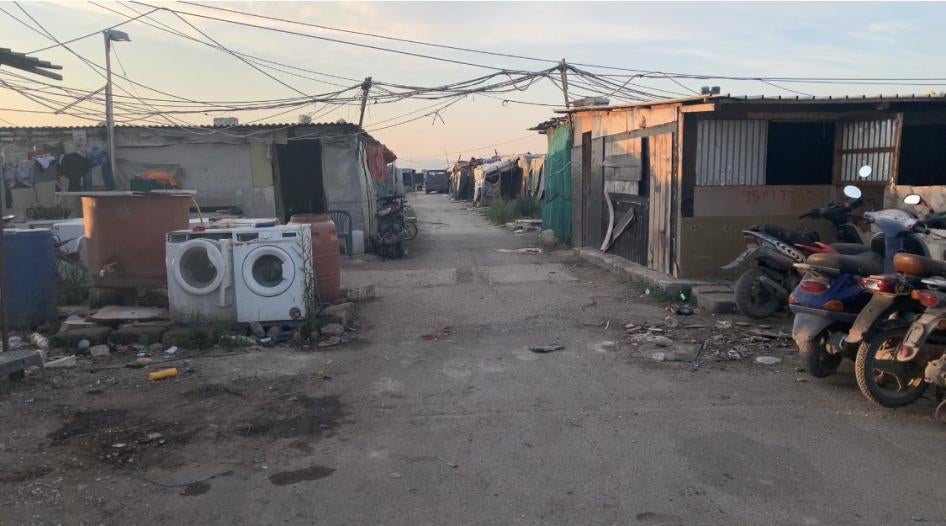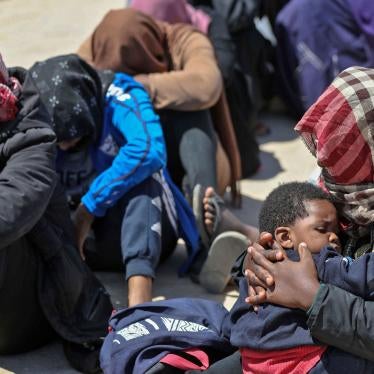Tonight, thousands of migrant agricultural workers in Italy will sleep in overcrowded, unsanitary, and degrading conditions. In most of the informal settlements where they live, migrants have no access to running water, functioning toilets, gas, heating, or electricity. At least 14 people have died in settlements since 2016 due to the precarious conditions.
In addition to poor housing, many migrant agricultural workers are exploited by employers and caporali (intermediaries), forced to work long hours in exhausting conditions, paid shockingly low wages, and often denied contracts or accurate pay slips.
Italy’s immigration laws render migrants vulnerable to exploitation, making residence permit validity or renewal conditional on a work contract. Widespread racist and xenophobic attitudes against renting to foreigners and discriminatory access to social and housing support contribute to the risk of homelessness and destitution.
The lack of a formal address often prevents the estimated 10,000 migrants living in informal settlements from securing documentation required to register residency, access health care, renew their status papers, and receive welfare support.
In response to the complex problem of informal settlements, Italian local authorities have used EU funding to build temporary housing camps known as foresterie.
Made from hundreds of prefabricated plastic housing modules, the foresterie are usually adjacent to informal settlements, or otherwise in isolated locations in the countryside, far from residential towns and services.
Plastic containers come without furniture and accommodate four people each, so hundreds of workers are housed in a restricted space, usually with insufficient toilets and washing facilities. Conditions in most of these foresterie are reportedly worsening and have turned into new informal settlements or extensions of the already existing adjacent ones.
These emergency arrangements are ineffective and counterproductive. They do nothing to address the systematic segregation of migration workers and daily violations of their fundamental rights, or to facilitate their social integration, in breach of EU standards and directives.
With the recent allocation of 200 million euros from the National Program for Recovery and Resilience to local municipalities to provide definitive and effective solutions to informal settlements, it is imperative Italian authorities and the European Union ensure these resources are not used to build yet more foresterie and are channelled instead towards providing dignified and independent housing for migrant workers which can genuinely promote their social inclusion and integration.








